[Editor’s note: We’re happy to share another guest article from Tony Jaques’ “Managing Outcomes” newsletter. Not only is the strategy discussed a knee-jerk reaction in many boardrooms, but it’s also one of the quickest ways to make your own crisis situation worse.]
Bashing others doesn’t help your case
It’s not often that outsiders get to see the private detail of an issue management campaign. But the war over premium milk has revealed some of the controversial strategies attempted in pursuit of corporate interests.
Newspapers in Australia and New Zealand exposed a media campaign by Italian dairy giant Parmalat (owners of the Pauls and PhysiCAL milk brands in Australia) to discredit New Zealand-developed A2 milk, claimed to be easier to digest than regular milk.*
It’s no wonder Parmalat are getting nervous. Locally produced A2 brand has gone from zero in 2007 to 5% of Australia’s fresh milk market today. More importantly A2 now holds 9% by value of the important supermarket milk market, and is the only milk brand in the top 20 products sold by Coles and Woolworths.
According to a whistleblower, reported in Fairfax newspapers, Parmalat hired political strategists Crosby Textor to launch a campaign against their kiwi rival. It was not exactly subtle issue management. They decided on an old-school media strategy to plant negative stories attacking the credibility of health claims made for A2 milk.
Apparently, tabloid television showed no interest in the story, but they soon found some willing reporters in print media. Over a few weeks, highly critical stories appeared in Sydney’s Sunday Telegraph, the Australian Financial Review and The Australian (which described A2 milk as a “scam”). And it may be no coincidence that the campaign began soon before Parmalat launched its own lactose-free brand for people with “tummy troubles.”
However, is such a negative media strategy good issue management? Pitching damaging stories against your competitors may seem like a good idea at the time. But it doesn’t seem so smart when you get caught out. It reflects badly on you and your client (not to mention potentially alienating the reporters who played along with the plan). Moreover, it is never good practice when the consultancy itself becomes the news story, because it undermines the credibility of the message and surely reinforces those negative stereotypes about public relations and “spin.”
While bad-mouthing a client’s commercial competitor is not specifically excluded by the Public Relations Institute of Australia Code of Ethics, the Consultants Code of Practice warns against “extravagant claims or unfair comparisons.” Presumably Parmalat would defend any statement about their competitor on the grounds of truth or fair comment, although the truth about A2 milk remains highly contested.
However such an approach on its own is not only questionable in terms of effectiveness, it also smacks of desperation and failure to understand that issue management demands a lot more than just media. With A2 milk now on sale in the United States and reportedly pushing into Parmalat’s home market in Europe, a negative media strategy alone is no adequate response to strong competition and very effective marketing.
Tony Jaques manages Australian-based issue and crisis management consultancy Issue}Outcomes and authors its newsletter Managing Outcomes
*Footnote: The A2 milk controversy has raged for years in scientific circles, in the media and during protracted legal proceedings, and many people are convinced it has improved their health. However the official view of Dairy Australia, the industry’s research body, is that “There is no convincing scientific evidence to indicate that milk containing only A2 beta casein is better for health than regular milk.” For a comprehensive analysis of the controversy see “Devil in the milk: Illness, health and politics in A1 and A2 milk” (2007). by Keith Woodford, Craig Potton Publishing, Nelson, NZ.












